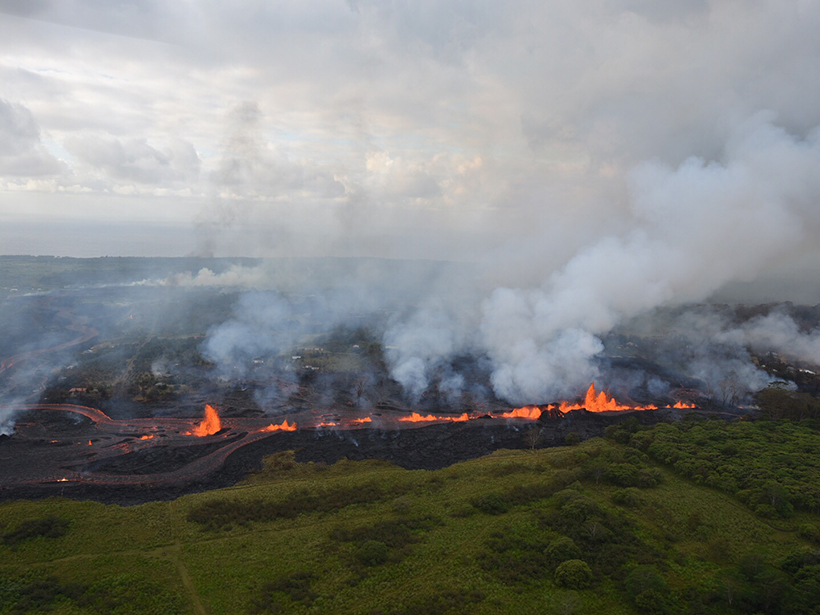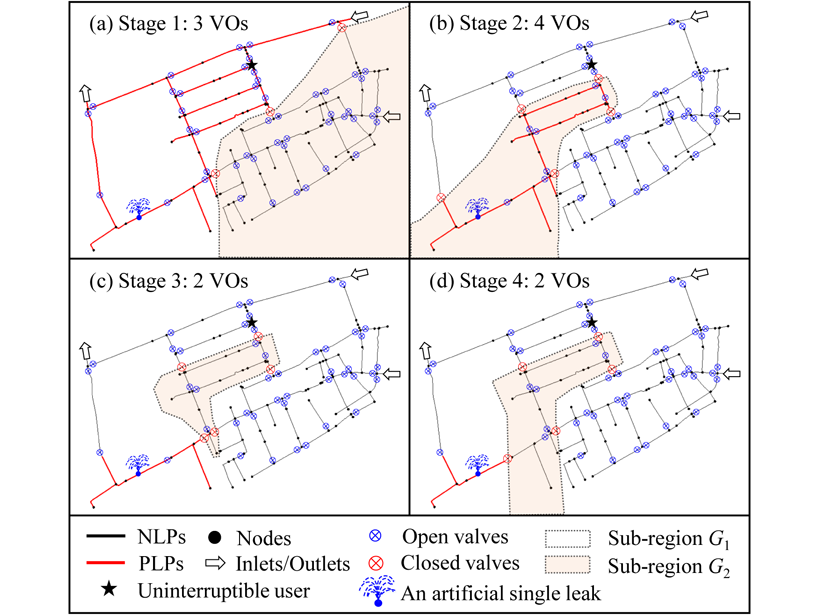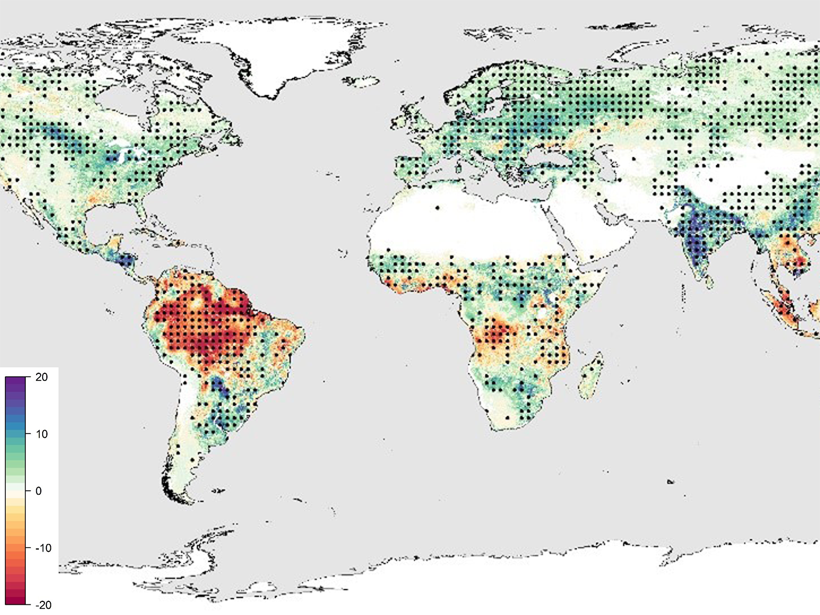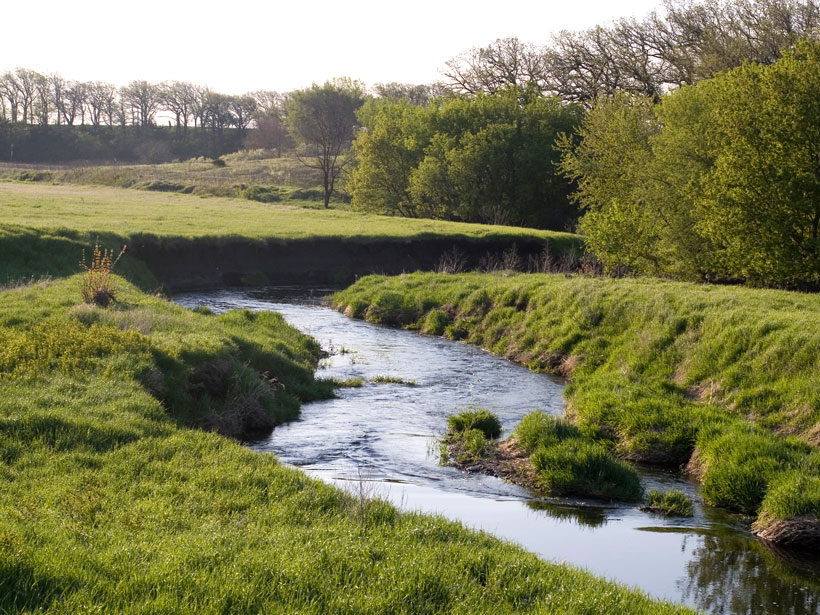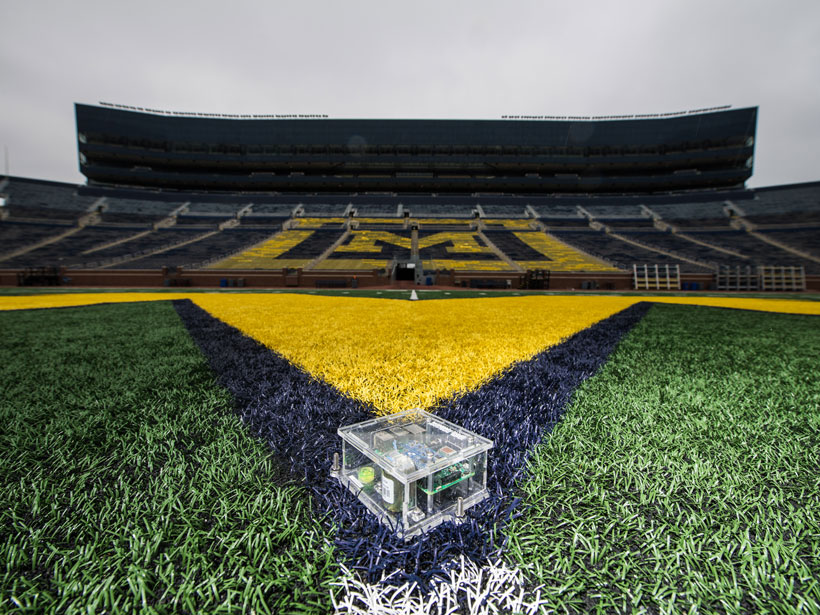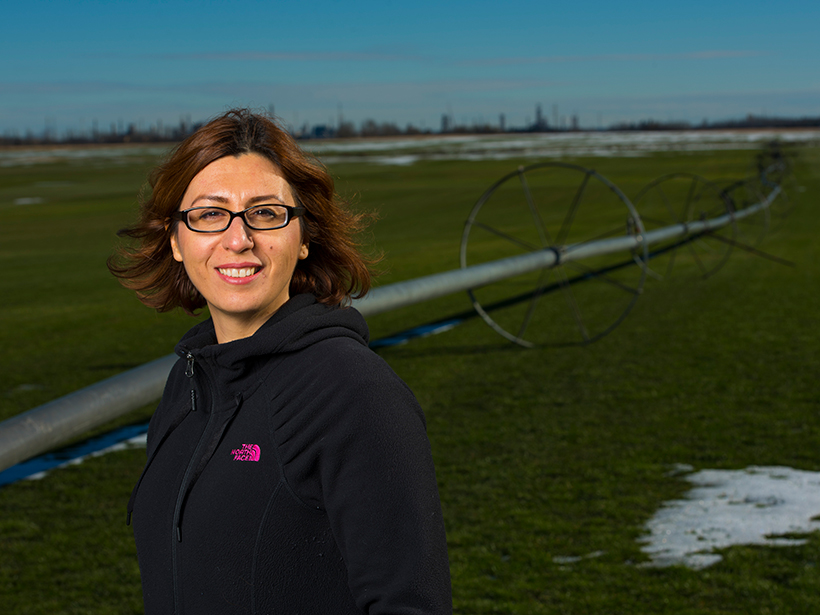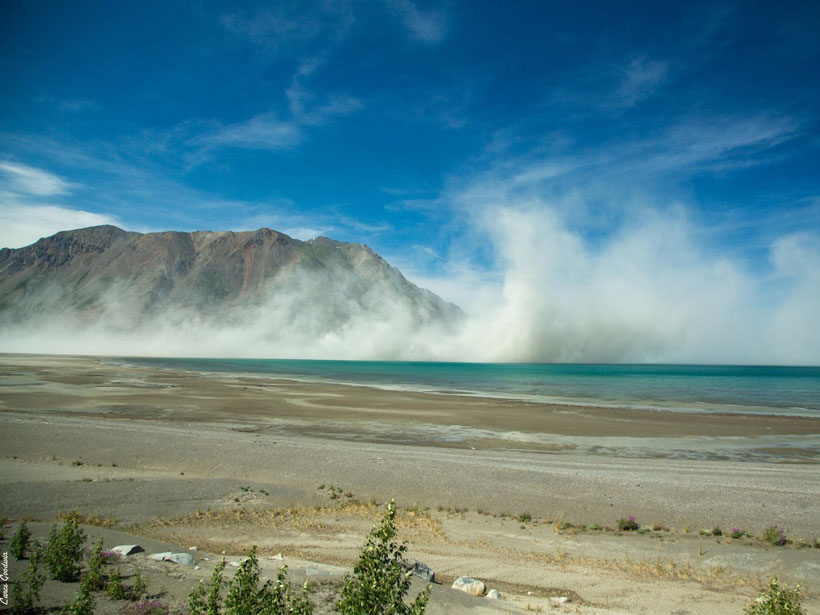A new study finds the economic factor driving the divergence between emissions trajectories in climate assessments and reality.
CC BY-NC-ND 2020
Wildfires May Exacerbate Asthma in the Western United States
A new study predicts that by the 2050s, wildfire smoke will cause the region to spend $850 million more every year to treat asthma.
Corn Syrup Reveals How Bubbles Affect Lava’s Flow
New research shows that huge bubbles can change the viscosity of lava and drastically affect how it moves across the landscape.
A Smart Solution to Find Leaks in Water Distribution Networks
By systematically turning valves off and on in water distribution networks, researchers can locate pipe leaks, which could help to save huge quantities of drinking water.
Water Stress Controls the Capacity of the Terrestrial Carbon Sink
Despite increased photosynthetic activity at northern latitudes in recent decades, plant productivity in tropical zones suffers because of water limitations.
A Fresh Perspective on Intricate Volcanic Plumbing Systems
Combining commercial hydrocarbon and mineral exploration data with novel academic research and modeling capabilities helps answer key questions about underground magma systems.
Waterways Change as Cities Grow Nearby
Using multidecadal data sets, researchers have traced how urbanization affects streamflow across the continental United States.
Students Monitor Campus Noise in Seismic Silence
Researchers are engaging their students with low-cost seismology research to monitor local noise on campus.
Rethinking the Concept of Virtual Water in the Global Trade Market
Discussions around global trade are starting to consider the water it takes to produce exported goods. Some scientists argue that this approach should take a regional rather than global perspective.
Dust from Receding Glaciers May Have Major Atmospheric Impacts
New research is helping scientists understand how Arctic dust created by receding glaciers affects local air quality and global climate.



